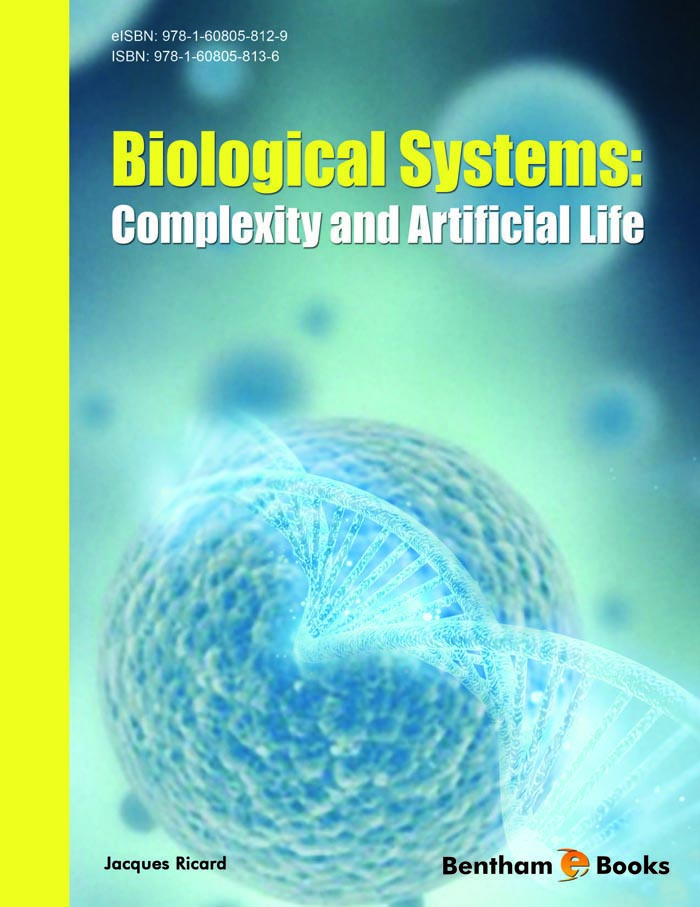Introduction
The exponential increase in computing power in the late twentieth century has allowed researchers to gather, process and analyze large volumes of information and construct rational paradigms of systems. Life sciences are no exception and computing advances have led to the birth of fields such as functional genomics and bioinformatics and facilitated an expansion of our understanding of biological systems. Biological Systems: Complexity and Artificial Life is an essential primer on systems biology for biologists and researchers having a multidisciplinary background. The volume covers a variety of theoretical models explaining biological processes. The book starts with an introductory chapter on the classical molecular biology paradigm and progresses towards concepts related to enzyme kinetics, non equilibrium dynamics, cellular thermodynamics, molecular motion in cells and more. The book concludes with a philosophical note on the concept of the biological system.

